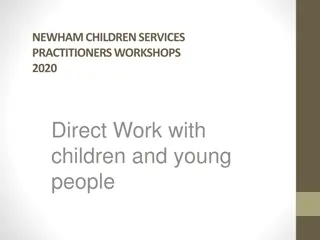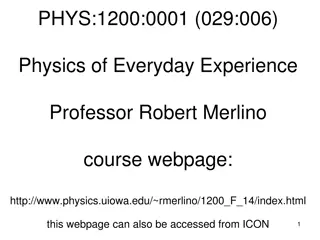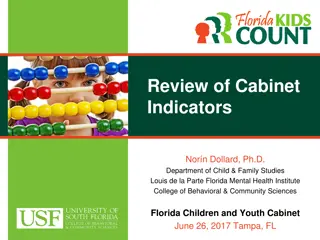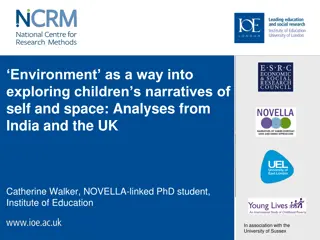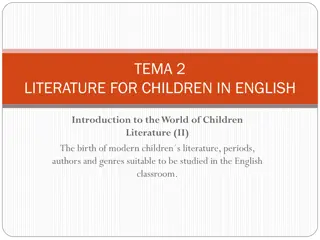
Benefits of Singing for Children in the Classroom
Singing every day in class has numerous benefits for children. It increases happiness, fosters inclusivity, builds bonds, develops character, promotes teamwork, and improves literacy skills. Singing enhances learning, social behavior, vocabulary, and language acquisition, leading to overall growth and development in children.
Uploaded on | 0 Views
Download Presentation

Please find below an Image/Link to download the presentation.
The content on the website is provided AS IS for your information and personal use only. It may not be sold, licensed, or shared on other websites without obtaining consent from the author. Download presentation by click this link. If you encounter any issues during the download, it is possible that the publisher has removed the file from their server.
E N D
Presentation Transcript
Why Kids Should Sing Everyday In Class.
Singing increases happiness. Happy kids are kids that learn and remember what they learned. According to research, learning linked with a positive human emotion leads to retention. Singing supports health and well-being (Batt-Rawden and Anderson, 2019) Singing improves our mindset and outlook. I don t sing because I m happy, I m happy because I sing - William James
Singing is inclusive! Singing involves every child and brings everyone together. It has the power to break down barriers to learning and invites participation and interaction. For children with special needs can enjoy an active role in the singing experience. One research study showed singing improves perceptual skills of hearing- impaired children.
Singing bonds! Singing is like social glue. It creates a feeling of family and nurtures a sense of care, respect, and empathy. It can help children feel wanted and part of something special, enhance their identify and self-concept, and increase their self-confidence and self-esteem. (Koelsch, 2013)
Singing Builds Character Leads to Success Sing provides children with key skills, habits, and attributes of life such as concentration, discipline, time management, commitment, accuracy, staying positive, and aiming high, leadership, creativity, listening and performing, self- assurance, and an ability to handle competing pressures. Singing helps unlock confidence and gives children the skills, experience, and aspirations to succeed.
Singing Fosters Teamwork Singing can promote supportive behaviors. (Rabinowitch and Meltzoff, 2017) Research by Good and Russo (2016) showed that group singing influences social behavior in positive ways in a study of a diverse group of children from different ethnic and socio-economic backgrounds. When compared with group art or competitive games, singing together fostered an increase in cooperative behaviors and a sense of togetherness.
Singing Improves Literacy! A singing-rich curriculum can play a huge role in developing student s language acquisition and development so that they can access the entire curriculum. Singing builds vocabulary while having students encounter a large variety of words and literary devices. Singing can inspire writing songs. Singing gives children the changes to play with words and become storytellers. Singing increases memory skills.
Singing Makes Transitions Easier Students can singing and move at the same time, focusing them on the next task while keeping them from behavior-related issues. Singing between activities can forster a brain break to recharge for the next task. Singing allows students to reset and recharge, clearing their headspace for something new. After a tense moment in class, singing can help change routine and create a new focus and perspective.
Singing Promotes Diversity Singing promotes cultural diversity and allows children to experience genres, rhythms and music from across many different cultures (Ilari et al, 2013) Singing multicultural songs and in different languages allows children to express their own identities and who they are as well as sharing the rich heritage of others. Singing builds repertoire, and gives children opportunities to explore their own roots and traditions.
Singing Promotes Creativity Creativity is the top of the new Blooms Taxonomy. Singing helps children experiment, take risks, and be creative. They manipulate their voices to make new sounds. They can explore styles o singing and test different ways of communicating. They can combine activities and sing along to different tasks and develop original thinking.
Singing Teaches Self-Care Singing is great for teaching children how to look after their voices and improve vocal technique. It allows children to explore posture, air control, and deep breathing. Singing reduces stress.









